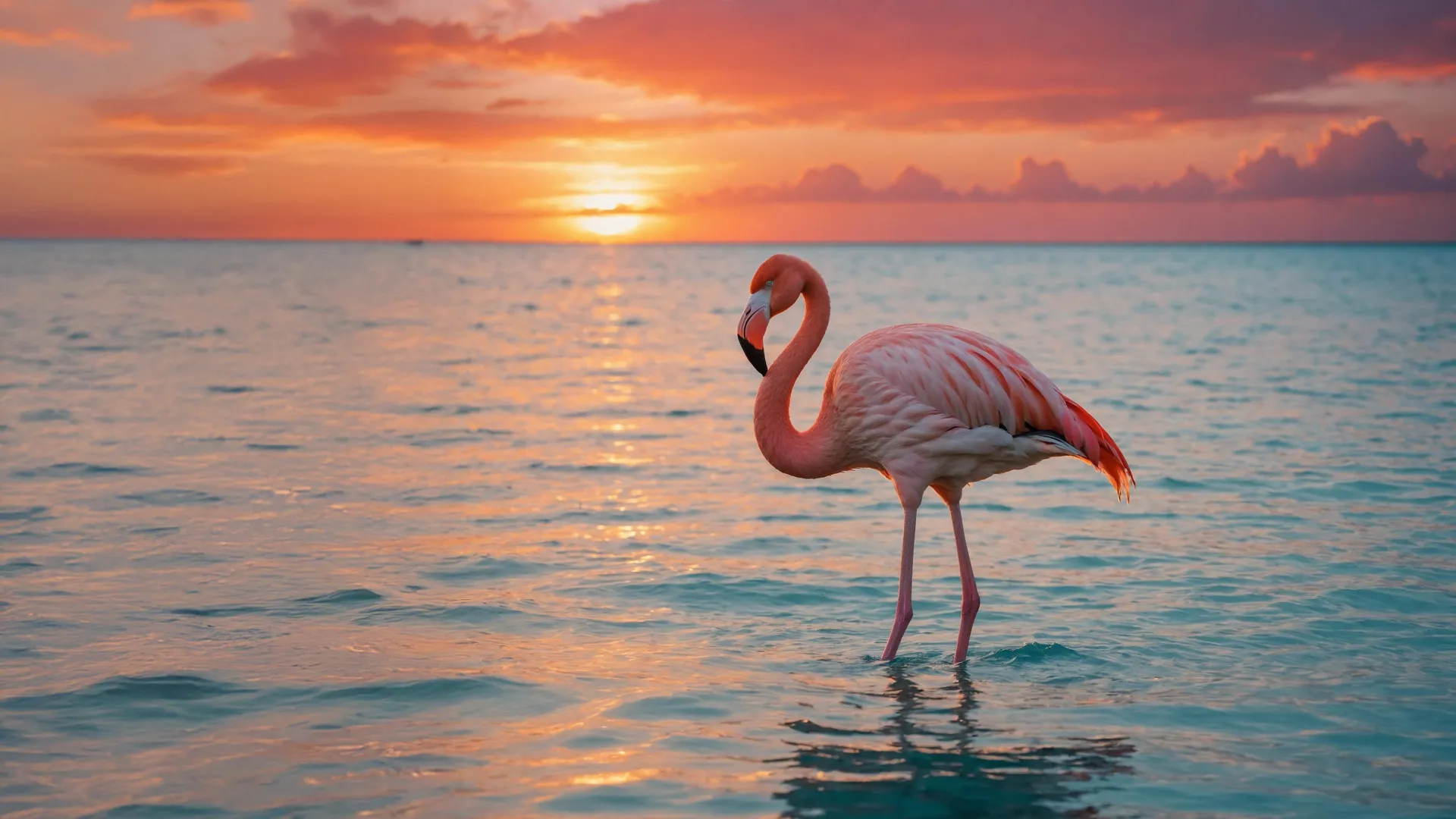Is aging inevitable? While most animals age, the pace of aging can vary dramatically — even within a single species. A new study published in the Proceedings of the National Academy of Sciences (PNAS) reveals a surprising factor that may influence aging: migration.
Researchers studied pink flamingos (Phoenicopterus roseus) in the Camargue region of southern France, where a long-term tagging and tracking program has monitored these birds for over 40 years. They discovered that migratory flamingos age more slowly than resident flamingos.
Residents vs. Migrants: A Trade-Off
Some flamingos remain in the Camargue year-round (“residents”), while others travel along the Mediterranean coast to Italy, Spain, or North Africa each winter (“migrants”).
- Residents: Early in life, residents enjoy advantages such as higher survival and greater reproductive success.
- Migrants: Early life is harder for migrants, with higher mortality and lower reproduction due to the challenges of seasonal journeys.
However, these advantages come at a cost. Residents experience faster aging later in life, with their reproductive capacity declining sooner and mortality risk increasing faster than migrants. The study found the onset of aging occurs on average at 20.4 years for residents compared to 21.9 years for migrants.
“Residents live intensely when young, but pay for this pace later,” explains Sébatien Roques, CNRS researcher and co-author. “Migrants, on the other hand, seem to age more slowly, despite paying a price early in life.”
Migration Influences Aging
This research highlights how behavioral strategies like migration can affect the rate of aging. Flamingos, with their long lifespan — some exceeding 50 years — provide a valuable model for studying senescence, or biological aging.
“Understanding why some individuals age differently within the same species is a central question in biology,” says Hugo Cayuela, co-author and University of Oxford researcher. “Genetics, behavior, and environment all play a role.”
The study benefits from the Tour du Valat’s long-term flamingo monitoring program, which has tracked birds since 1977 using leg bands readable with telescopes, creating a unique dataset for studying aging over decades.
About the Tour du Valat
The Tour du Valat, founded in 1954 by Luc Hoffmann in Camargue, France, is a research institute dedicated to the conservation of Mediterranean wetlands. Its mission is to understand and protect these threatened ecosystems while integrating human activities and natural heritage preservation.
